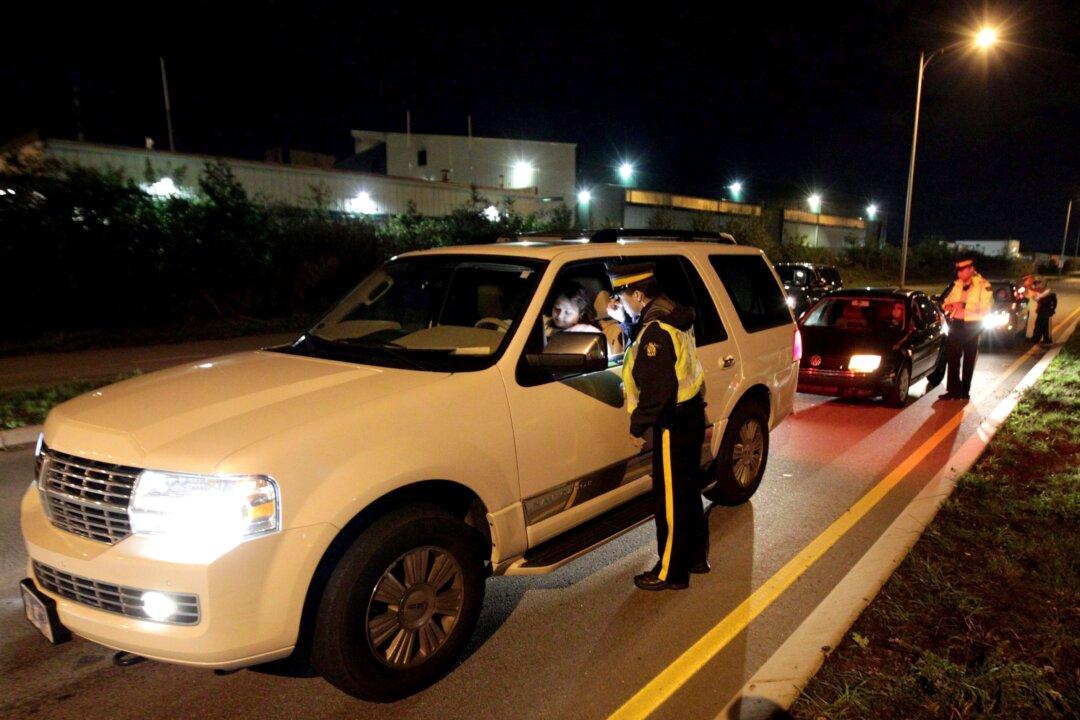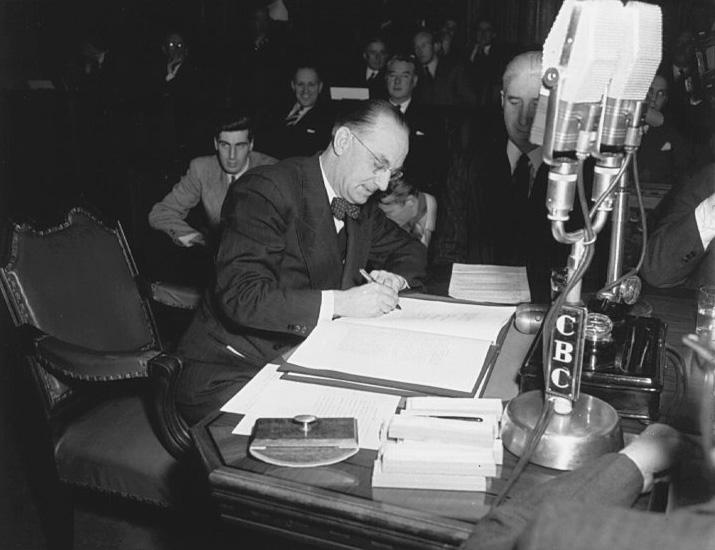A recent Ontario court decision, striking down the mandatory conviction for impaired driving of a woman simply because she was Indigenous, highlights the urgent need to re-examine the wrong-headed Gladue sentencing principles, which apply exclusively to Indigenous offenders and allow for light sentences.
The woman in question had a blood alcohol level three times the legal limit. Her reckless driving included her car hopping a curb, flying through the air, and landing on a sidewalk. It is only lucky that a pedestrian was not in her way.





